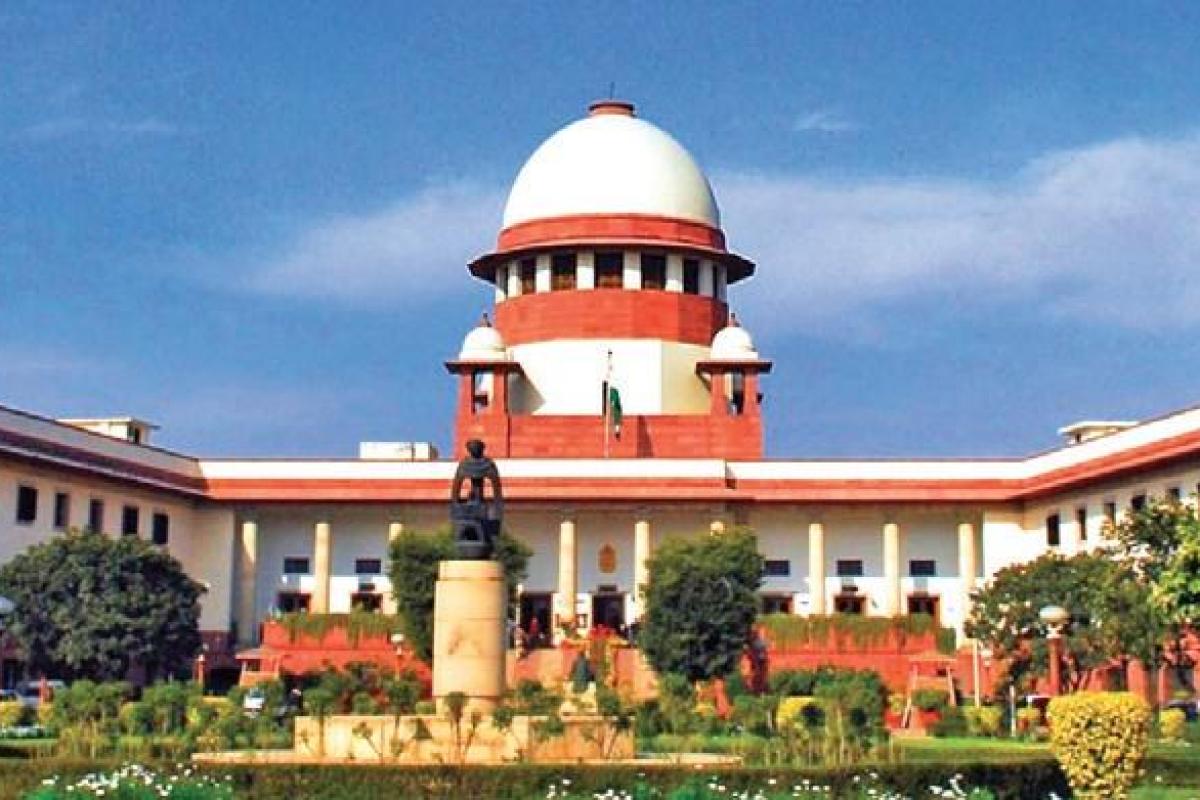If a particular imported good has been assessed once by an officer and cleared but requires a re-assessment then the same officer shall undertake it. A bench comprising of Hon’ble CJI, Bopanna J. and Ramasubramaniam J. delivered the judgment in the case M/S Canon India Private Limited v Commissioner of Customs [C. Appeal No.1827 OF 2018] surrounding exemption of duty of imported goods.
The camera consignment arrived at Delhi for clearance where the importer requested the Deputy Commissioner of Customs for the first check on 21.3.2012. The Customs Authorities checked the goods on 24.3.2012. They compared the goods with the description given in the literature and took a decision to clear the goods on 24.3.2012, as being exempt from duty in terms of the Notification No.15/2012 which was issued on 17.3.2012. However, in 2014, a show-cause notice was under Section 28 (4) of the Customs Act, 1962 alleging that the Customs Authorities had been induced to clear the cameras by willful misstatement and suppression of facts about the cameras. In particular; that the cameras were capable of recording more than a single video sequence of fewer than 30 minutes.
The impending question before the Court was whether the Directorate of Revenue Intelligence (DRI) had authority in law to issue a show-cause notice under Section 28(4) of the Act for recovery of duties allegedly not levied or paid when the goods have been cleared for import by a Deputy Commissioner of Customs who decided that the goods are exempted.
The Court to probe deeper into the meaning of “proper officer” referred the case of Commissioner of Customs vs. Sayed Ali and Another [5 (2011) 3 SCC 537], wherein the jurisdictional area of proper officers were ascertained. The Court observed that “20. [..] it is manifest that only such a Customs Officer who has been assigned the specific functions of assessment and reassessment of duty in the jurisdictional area where the import concerned has been affected, by either the Board or the Commissioner of Customs, in terms of Section 2(34) of the Act is competent to issue a notice under section 28 of the Act.”
The Court further noted that administrative chaos would ensue if the DRI was allowed to initiate proceedings under the present case. The Court observed that, “Where one officer has exercised his powers of assessment, the power to order re-assessment must also be exercised by the same officer or his successor and not by another officer of another department though he is designated to be an officer of the same rank. In our view, this would result into an anarchical and unruly operation of a statute which is not contemplated by any canon of construction of the statute.”
Following which the Court set aside the proceeding of the case initiated by the DRI and rendered the judgment, “We, therefore, hold that the entire proceeding in the present case initiated by the Additional Director General of the DRI by issuing show-cause notices in all the matters before us is invalid without any authority of law and liable to be set-aside and the ensuing demands are also set aside.”


